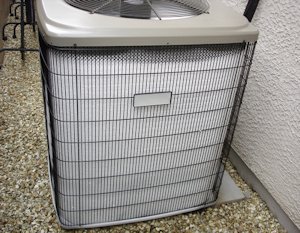by GroupM7 | Jan 24, 2014 | Blog
What Does REME technology mean for Longview TX? Feb 3, 2012 Is your heat pump making noises it’s never made before? Strange noises are a major indicator of something going wrong in the heat pump or air handler. Waiting too long to act on those noises can cause more...

by GroupM7 | Jan 13, 2014 | Blog
What Does REME technology mean for Longview TX? Feb 3, 2012 Many people are surprised the first time their heat pump freezes up on them during the winter. The reality is that it’s a common problem that can happen throughout the winter. Why Heat Pumps Frost Over...
by GroupM7 | Jan 8, 2014 | Blog
What Does REME technology mean for Longview TX? Feb 3, 2012 We’re blessed with relatively mild winters here in Longview, but that doesn’t mean we don’t have to worry about keeping our heating systems running as efficiently as possible. Even with a modern...


